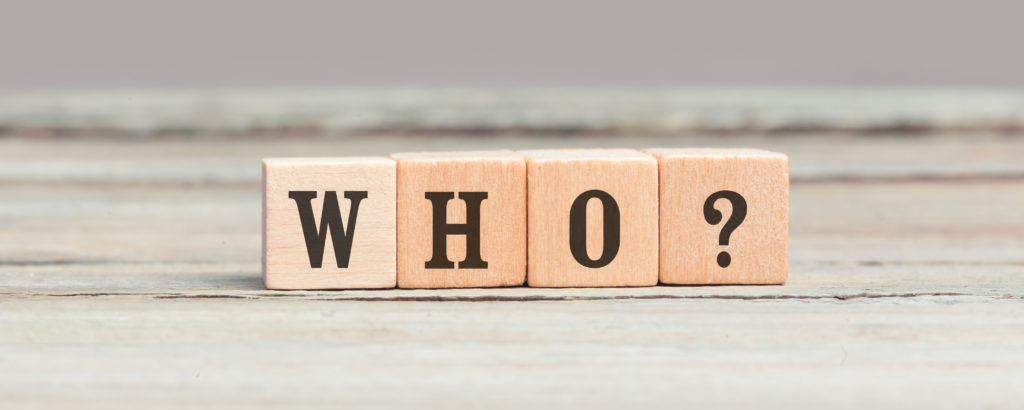Hello lovely students! Confusing the pronouns whom and who is a common mistake made by many English speakers. Have you ever read formal writing in English and wondered what does whom mean? Have you found it confusing to understand the difference between the two pronouns in the past?
If you have, we have you covered.
Let’s take a look at the difference between whom vs who and the correct use of both of these words.

All about who
This three-letter word comes up a lot by those who use the English language. Look at its many uses and sentence examples below.
Who is used either as the subject pronoun or object pronoun of the person you want to refer to or are referring to. Examples include:
I think it was your mum who rang last night.
Technically speaking, it was Sapphire who won the race.

1) We use who to add information about people we have just mentioned
James, who is one of the many students in my class, is doing really well.
This is Mandy, who acts in theatres.
Note: we use this a lot in relative clauses.

2) We also use who as an interrogative pronoun
This simply means we use it in questions.
Who did that?
Who left the window open?
We do not use whom as an interrogative pronoun, but we do use it in questions (more on that below).

Now that we have that cleared up, let’s take a peek at whom.
All about whom
Trust me, whom sounds a lot more complicated than it actually is, so don’t panic. Whom is often seen as a fairly formal word to use in everyday English. The correct use of whom is when we want to use it instead of who as the object of a verb or preposition.
What does this mean exactly and how do we use it in situations and sentences?
1) We can use whom for those who receive the action
We got this letter from whom?
To whom did you speak?/Whom did you speak to?
Admittedly, using whom for this use is not seen as entirely natural when speaking. It would be more common to say and hear ‘who did you speak to?’, even though whom is grammatically correct.
2) We can use whom after prepositions, notably to
Whom usually follows a preposition, especially when addressing someone for the first time.
For example, in letters and emails, if we do not know the person, we would write to whom this concerns or to whom this may concern.
It is seen as polite.
Other examples with the preposition to include:
To whom should I address this letter?
To whom should I apologise for eating their sandwich?

The difference between who and whom
There is a really good trick you can do to know if you have to use who or whom. The difference between the two is like subject pronouns and object pronouns for example I and me and they and them respectively.
Who is the subject like I and they, and the person performing the action. Whom however acts like me or them.
For instance, if the original sentence makes sense by replacing me with whom, then you can use whom.
The Americans have five dancers in the competition, any of whom could win.
The Americans have five dancers in the competition. Any of them could win.
Likewise, you can also replace who with a subject pronoun.
I know who your sister is – she is your sister.
Francesca is the one who told Gary about Mark – She told Gary about Mark.
Who stole the cake? – He stole the cake.

Overview
For a simplified overview, remember this.
Who = should be used to refer to the subject of a sentence.
Whom = should be used to refer to the object of a verb or preposition.
Is that everything?
Absolutely not! Check out the video below on my channel English with Lucy to find out about who and whom.